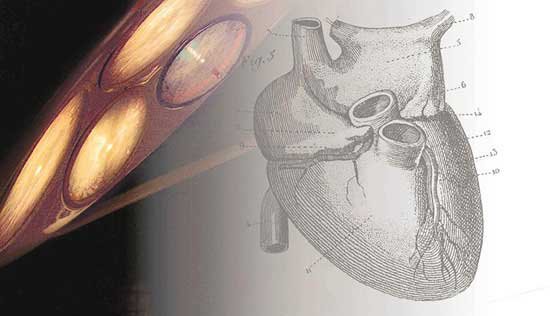Health Canada clarifies organ donation policy - Yahoo! Canada News
SASKATCHEWAN (CBC) - Health Canada has clarified its latest policy on organ donations from sexually active gay men, injection drug users and other groups it considers high risk, saying that it does not ban the use of organs from these groups. Rather, the federal agency says, their organs are "excluded" from consideration for transplant unless a potential recipient authorizes their use.
"This requirement is related to the risk of the activity and not a person's lifestyle or sexual orientation," said Carole Saindon, a spokesperson for Health Canada, in a statement e-mailed to CBCNews.ca. "The organs can still be used provided the recipient is aware of the risk and gives consent."
She said the regulations on organ donation are based on risk factors for the transmission of infectious disease. One of these risk factors pertains to a man who has had sex with another man within the past five years. Donors are also excluded if they have had a recent tattoo or piercing, are an inmate of a correctional facility, or have hemophilia and have received blood products.
"Everyone can be considered for organ donation in Canada," Saindon wrote. "If a donor falls into any of the high risk categories, it is then a decision between the recipient and his or her physician as to whether a donation from a high risk donor is appropriate to the situation."
Federal regulations require that before an organ donor organization can distribute a higher-risk organ to a transplant establishment, that establishment has to obtain the patient's informed consent, Saindon said.
The informed consent document must be obtained before the transplant takes place. In some cases a recipient can consent in advance, while on a waiting list, to accept a higher-risk organ if one becomes available, Saindon said.
She added that there are other conditions in the regulations to protect patients who receive higher-risk organs. One such condition is that a high-risk organ can only be considered for transplant if an organ that meets all of the standard requirements is not immediately available. Another provision requires that a transplant medical practitioner authorize the distribution of the higher-risk organ to a patient based on their clinical judgment that the organ is safe to use.
Saindon said Health Canada's latest policy is "formalizing a practice that has been ongoing for many years in Canada" in the organ transplant community, adding in her e-mail that "similar exclusions are applicable to blood donors."
Under the formalized policy, for example:
- A gay man who had practised abstinence for five years prior to organ donation would be considered an acceptable donor.
- A heterosexual man who has had a single sexual encounter with a male within the past five years would not be considered an acceptable donor.
Health Canada wants to ascertain that the organs it uses are safe, Saindon said. "The safety of the cells, tissues and organs intended for transplantation is paramount." She said the regulations are based on "safety concerns and not lifestyle choices."

No comments:
Post a Comment